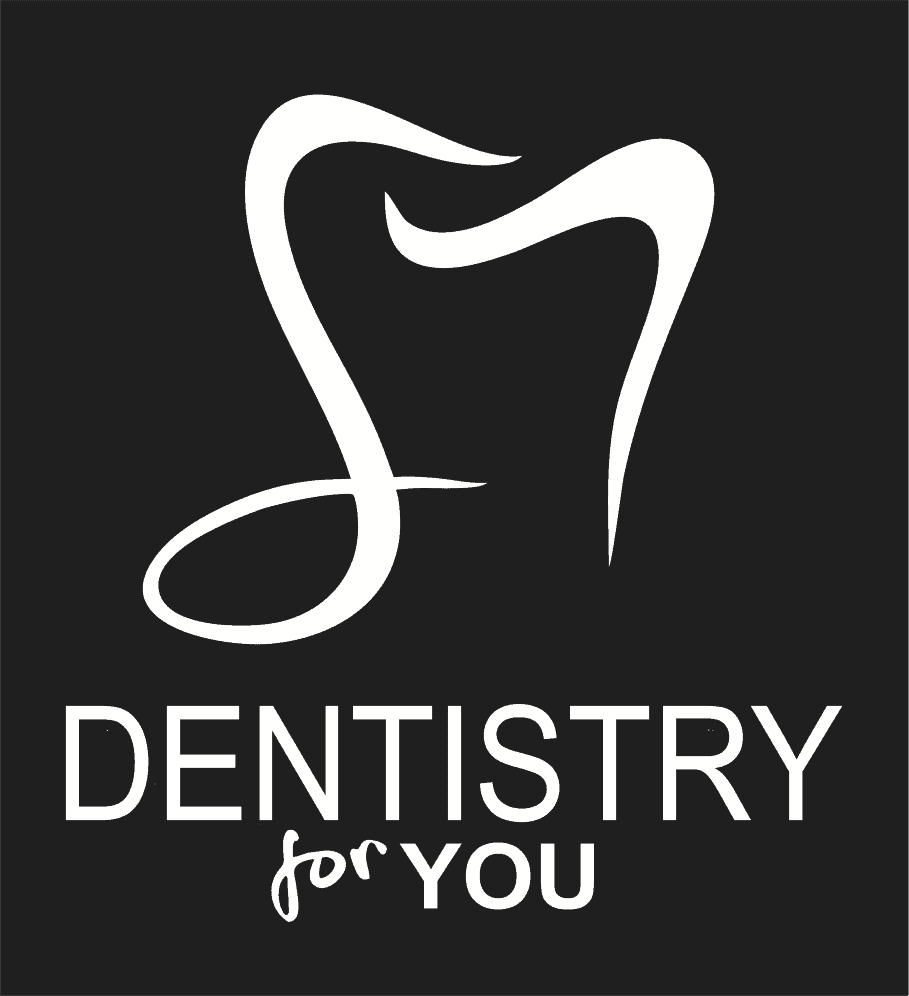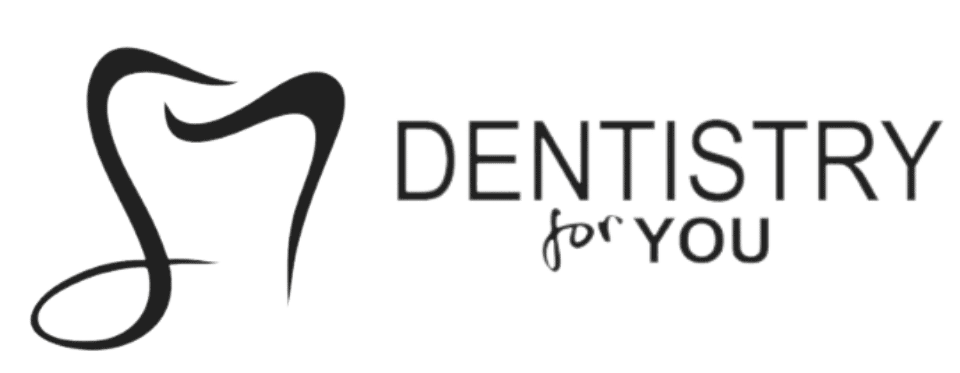
08 Apr It’s Oral Awareness Month: 5 Ways to Help Prevent Oral Cancer
April marks Oral Cancer Awareness Month, a time dedicated to educating individuals about the risks, symptoms, and prevention of oral cancer. This disease can affect anyone, irrespective of age or lifestyle, making it imperative to spread awareness and take proactive measures towards prevention. In this comprehensive guide, we’ll delve into five effective strategies to lower the risk of oral cancer and promote overall oral health.
Understanding Oral Cancer
Before we dive into prevention techniques, it’s crucial to grasp what oral cancer entails and how it develops. Oral cancer refers to malignant tissue growth in the oral cavity, encompassing areas such as the lips, tongue, cheeks, floor of the mouth, and throat. The most prevalent form of oral cancer is squamous cell carcinoma, originating from the thin, flat cells lining the mouth and throat.
1. Practice Good Oral Hygiene
Maintaining optimal oral hygiene is crucial for preventing oral cancer and promoting overall oral health. Brushing your teeth at least twice a day with fluoride toothpaste helps remove plaque, a sticky film of bacteria that can lead to tooth decay and gum disease. Make sure to brush for at least two minutes, covering all surfaces of your teeth, including the front, back, and chewing surfaces. Additionally, don’t forget to gently brush your tongue to remove bacteria and freshen your breath.
In addition to brushing, regular flossing is essential for cleaning between teeth and along the gumline, where toothbrushes may not reach effectively. Flossing removes food particles and plaque buildup, preventing the formation of tartar and reducing the risk of gum disease. When flossing, use a gentle back-and-forth motion to glide the floss between your teeth and curve it into a C shape around the base of each tooth.
Incorporating an antibacterial mouthwash into your oral care routine can provide an extra layer of protection against harmful bacteria. Rinse with mouthwash after brushing and flossing to reach areas of the mouth that may have been missed during brushing and flossing. Look for mouthwashes containing ingredients like chlorhexidine or cetylpyridinium chloride, which are effective at killing bacteria and reducing plaque buildup. However, it’s essential to use mouthwash as directed and avoid swallowing it.
2. Limit Alcohol Consumption and Avoid Tobacco Products
Excessive alcohol consumption and tobacco use are major risk factors for oral cancer. Alcohol and tobacco contain carcinogens that can damage the cells in the mouth and throat, increasing the risk of cancerous growths. Limiting alcohol intake and refraining from tobacco products are crucial steps in reducing the risk of developing oral cancer.
If you choose to drink alcohol, do so in moderation. The Centers for Disease Control and Prevention (CDC) defines moderate drinking as up to one drink per day for women and up to two drinks per day for men. Exceeding these limits significantly increases the risk of developing various cancers, including oral cancer. Consider substituting alcoholic beverages with non-alcoholic alternatives like water, herbal tea, or fruit-infused water to reduce overall alcohol consumption.
Similarly, avoiding tobacco products is essential for maintaining oral health and reducing the risk of oral cancer. Tobacco use, whether smoked or smokeless, exposes the mouth and throat to harmful chemicals that can cause cellular damage and increase the likelihood of cancer development. If you currently use tobacco products, consider seeking support and resources to help you quit. There are many cessation programs, support groups, and nicotine replacement therapies available to assist you in quitting tobacco for good.

3. Maintain a Healthy Diet
A balanced and nutritious diet plays a vital role in oral cancer prevention. Foods rich in vitamins, minerals, and antioxidants help strengthen the body’s immune system and protect against cellular damage caused by free radicals. Aim to incorporate a variety of fruits, vegetables, whole grains, lean proteins, and healthy fats into your daily meals.
Fruits and vegetables are particularly beneficial for oral health due to their high fiber content and antioxidant properties. They help stimulate saliva production, which plays a crucial role in neutralizing acids and maintaining oral pH balance. Additionally, crunchy fruits and vegetables like apples, carrots, and celery can help mechanically clean teeth and gums, reducing plaque buildup and the risk of gum disease.
Whole grains like brown rice, quinoa, and whole wheat pasta are excellent sources of complex carbohydrates, fiber, vitamins, and minerals. They provide sustained energy and promote satiety, making them a healthy choice for overall well-being. Lean proteins such as poultry, fish, beans, and legumes are essential for muscle repair and growth, as well as immune function. Incorporating these foods into your diet can help maintain a healthy weight and reduce the risk of obesity-related cancers, including oral cancer.
Limiting the consumption of processed meats, sugary snacks, and sugary beverages is equally important for oral cancer prevention. Processed meats contain additives and preservatives that may increase cancer risk, while sugary snacks and beverages can contribute to tooth decay and gum disease. Instead, opt for healthier alternatives like nuts, seeds, yogurt, and fresh fruit to satisfy cravings and support overall health.
Maintaining a healthy weight is also crucial for reducing the risk of oral cancer. Obesity has been linked to an increased risk of various cancers, including oral cancer. Excess body fat can promote inflammation and insulin resistance, disrupting normal cellular processes and increasing the likelihood of cancerous growths. By adopting a balanced diet and engaging in regular physical activity, you can achieve and maintain a healthy weight, reducing your risk of oral cancer and other obesity-related diseases.
4. Protect Your Lips from Sun Exposure
The sun’s ultraviolet (UV) rays can damage the delicate skin on your lips, increasing the risk of lip cancer. Shielding your lips from sun exposure is essential for preventing this form of oral cancer. Invest in a high-quality lip balm with broad-spectrum SPF protection to protect your lips from UV radiation. Look for lip balms containing ingredients like zinc oxide or titanium dioxide, which provide effective sun protection without clogging pores or causing irritation.
Apply lip balm generously to your lips before heading outdoors, especially during peak sun hours between 10 a.m. and 4 p.m. Reapply lip balm every two hours or more frequently if you’re swimming, sweating, or wiping your lips. In addition to wearing lip balm, consider wearing a wide-brimmed hat, sunglasses, and lightweight clothing to provide additional protection from the sun’s harmful rays.
Avoiding tanning beds and sunlamps is also important for oral cancer prevention. These artificial sources of UV radiation can cause skin damage and increase the risk of lip cancer. If you’re planning to spend time outdoors, seek shade whenever possible and take breaks indoors to reduce sun exposure. Remember that UV rays can penetrate clouds and reflect off surfaces like water, snow, and sand, so it’s essential to protect your lips even on cloudy or overcast days.

5. Schedule Regular Dental Checkups
Regular dental checkups are essential for maintaining oral health and detecting potential issues early, including oral cancer. Dentists have the expertise to identify subtle signs of oral cancer during routine examinations, allowing for prompt diagnosis and intervention. Aim to schedule dental appointments every six months or as recommended by your dentist to ensure optimal oral health.
During your dental checkup, your dentist will conduct a comprehensive oral examination, inspecting your mouth, gums, tongue, and throat for any abnormalities or signs of cancerous growths. They may also perform additional screenings, such as a oral cancer screening using specialized tools and techniques. If they detect any concerning symptoms or abnormalities, they may recommend further diagnostic tests or refer you to a specialist for evaluation and treatment.
In addition to oral cancer screenings, dental checkups provide an opportunity to receive personalized oral hygiene recommendations and address any concerns or questions you may have about your oral health. Your dentist can offer guidance on proper brushing and flossing techniques, recommend oral care products suited to your needs, and provide tips for maintaining a healthy smile. By prioritizing regular dental checkups, you can take proactive steps towards preventing oral cancer and preserving your oral health for years to come.
Conclusion
Preventing oral cancer necessitates a multi-faceted approach encompassing diligent oral hygiene practices, healthy dietary habits, lifestyle modifications, sun protection measures, and routine dental care. By embracing these strategies, individuals can significantly mitigate their risk of developing oral cancer and foster long-term oral health. Let us collectively raise awareness and prioritize oral cancer prevention during Oral Cancer Awareness Month and beyond. Together, we can make strides towards a world free from the burden of oral cancer.





Sorry, the comment form is closed at this time.